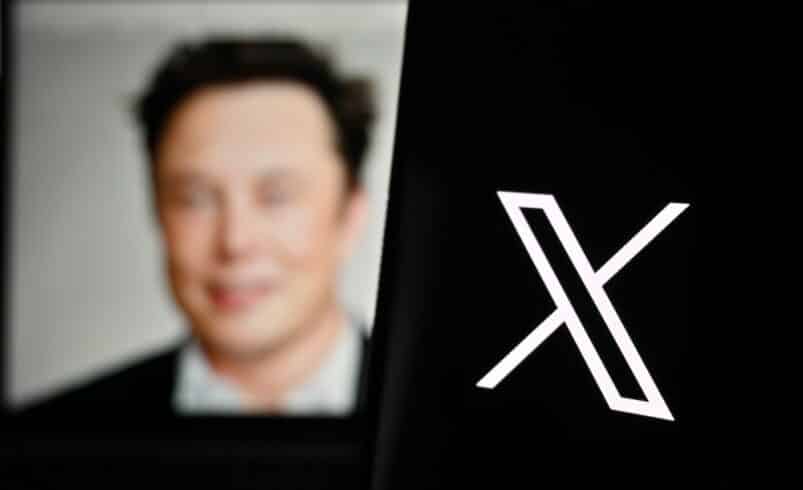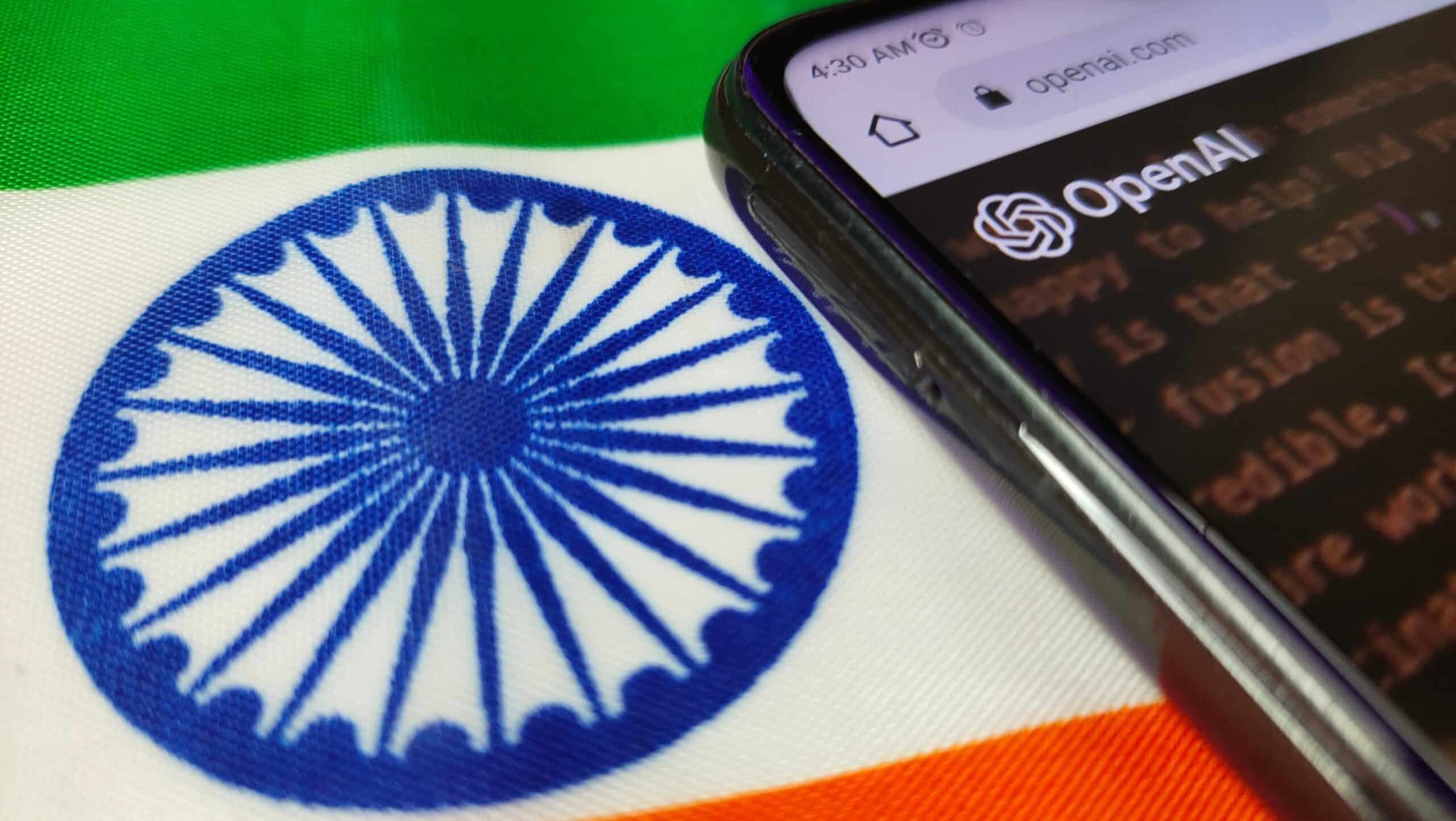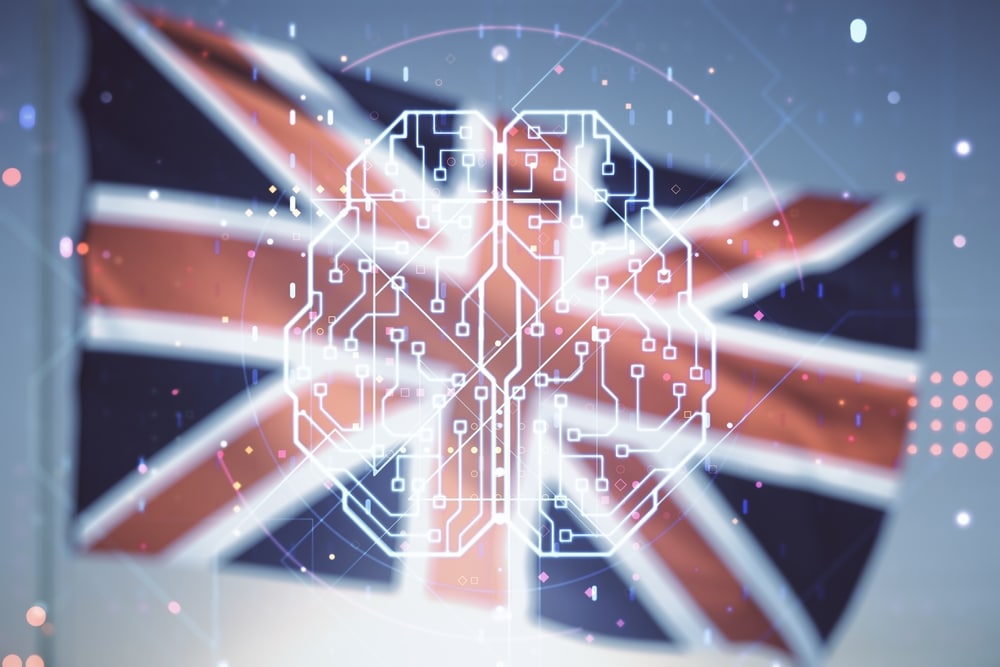Elon Musk’s X Probed by Irish DPC Over User Data for AI Chatbot Grok

Key Insights:
- Irish Data Protection Commission scrutinizes X for using user data to train Elon Musk’s AI chatbot Grok, sparking privacy concerns.
- X users urged to disable default data-sharing settings, with guidance from ProtonMail, to protect personal data from being used in AI training.
- Elon Musk sues OpenAI, alleging breach of nonprofit principles, as Grok’s open-source announcement receives positive feedback from users.
The Irish Data Protection Commission (DPC) is currently scrutinizing social media platform X, formerly known as Twitter, for its use of user data in training an AI chatbot named Grok. This follows recent revelations that X’s default settings permit the utilization of user data to enhance Grok’s capabilities.
The DPC has been in communication with X regarding this issue for several months and expressed surprise at the latest developments. A DPC spokesperson mentioned that the Commission is awaiting further responses from X and expects more interactions early next week.
Numerous X users have expressed concern over the platform’s data usage policy. The controversial default setting allows X to use users’ posts, interactions, inputs, and results with Grok for training and fine-tuning purposes. In response, several users and organizations have taken to the platform to inform others on how to disable this setting.
One notable example is ProtonMail, an encrypted email service, which advised its 304,500 followers on X to turn off the default setting by navigating to Settings > Privacy and Safety > Data Sharing and Personalization > Grok. This guidance aims to help users protect their data from being used in the training of Grok without their explicit consent.
Development and Features of Grok
Grok is designed to be a witty, informative, and engaging AI chatbot. Its development is overseen by xAI, a research and development company founded by Elon Musk. Despite the current controversy, Grok’s capabilities have been well-received by some users. The AI’s witty and engaging nature has been highlighted as a key feature, setting it apart from other chatbots in the market.
The ongoing issue has cast a spotlight on Grok’s development processes and the ethical considerations of using user data for AI training. This situation has prompted a broader discussion on user privacy and data protection in the rapidly evolving field of artificial intelligence.
Legal Battle Between Elon Musk and OpenAI
In a related development, Elon Musk is engaged in a legal dispute with OpenAI, the AI research lab he co-founded. Musk has filed a lawsuit against OpenAI and its CEO, Sam Altman, alleging a breach of the nonprofit agreement made at the organization’s inception.
The lawsuit, filed in the Superior Court of California for the County of San Francisco, claims that OpenAI’s collaboration with Microsoft deviates from its foundational principles of advancing open-source artificial general intelligence (AGI) for the benefit of humanity.
The court filing argues that the launch of ChatGPT-4 in March 2023 marked a significant departure from OpenAI’s original mission. Unlike earlier versions, GPT-4 is a closed model, which Musk contends benefits Microsoft financially and contradicts OpenAI’s nonprofit mission.
The legal action includes complaints of contract breach, fiduciary duty violation, and unfair business practices, urging OpenAI to revert to its open-source principles and prevent the for-profit exploitation of AGI technology.
User Response to Grok’s Open Source Move
Despite the controversies, the announcement that xAI would make Grok open source has been met with positive feedback from users. Many praised Musk for this decision, seeing it as a step towards greater transparency and community involvement in AI development. This move contrasts with the current proprietary stance of OpenAI, which has faced criticism for prioritizing profit over its original mission.
One user commented on Musk’s post, suggesting that OpenAI should follow suit and truly embrace openness. Musk responded, “OpenAI is a lie,” further fueling the debate over the ethical direction of AI development organizations.
Editorial credit: Camilo Concha / Shutterstock.com
DISCLAIMER: It's essential to understand that the articles on this site are not meant to serve as, nor should it be construed as, advice in legal, tax, investment, financial, or any other professional context. You should only invest an amount that you are prepared to lose, and it's advisable to consult with an independent financial expert if you're uncertain. To obtain more information, kindly examine the terms of service and the assistance and support resources made available by the issuing or advertising entity. Our website is committed to delivering accurate and unbiased news, yet it's important to note that market conditions may change rapidly. Also, be aware that some (but not all) articles on our site are compensated or sponsored.








